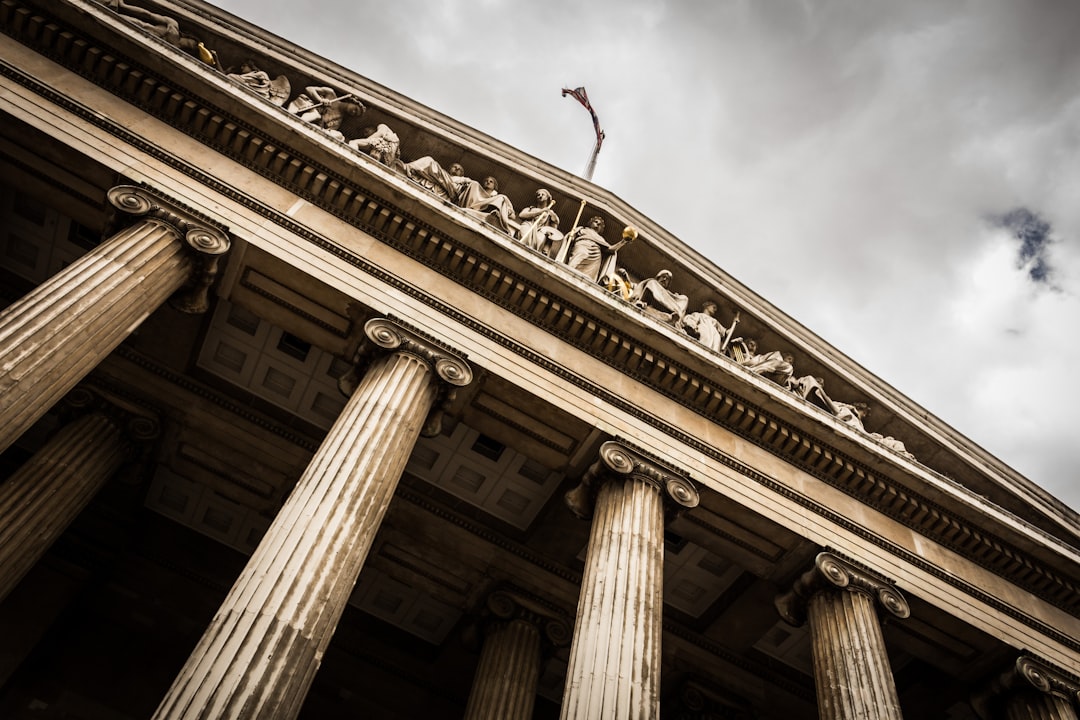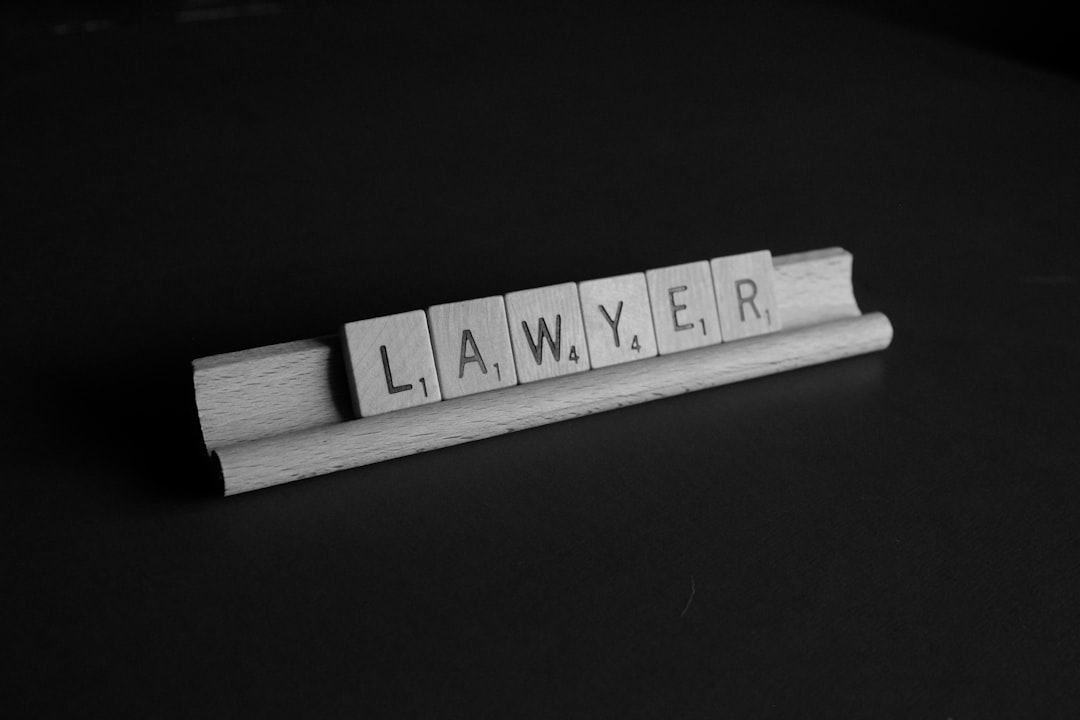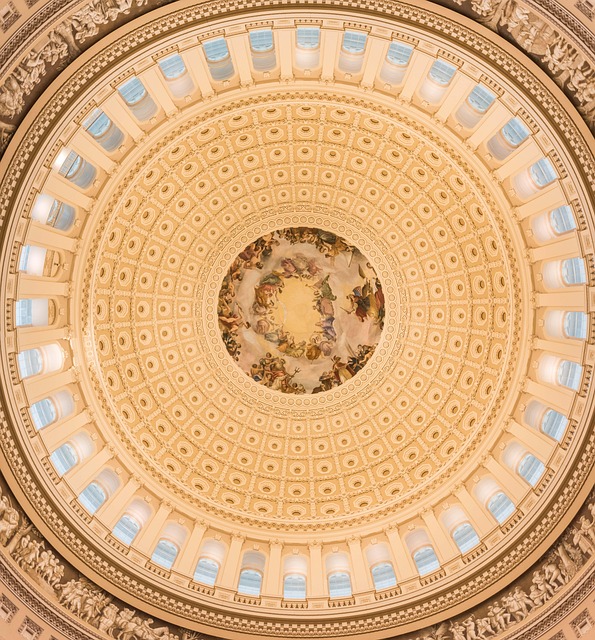Washington DC residents enjoy strong protection from debt collector harassment under local laws and the Consumer Protection Act. The "Do Not Call" list prevents law firms from making unsolicited calls, and the Fair Debt Collection Practices Act (FDCPA) sets ethical standards. Consumers can place their numbers on the list and request debt validation, fostering respectful interactions with collection firms while avoiding abusive practices. Adhering to these regulations is crucial for DC-based law firms to maintain professional conduct and protect their reputation.
In Washington DC, debt collector harassment is a serious concern. Understanding and navigating the city’s unique legal landscape regarding debt collection practices is crucial for both consumers and law firms alike. This article delves into the intricacies of debt collector harassment laws in DC, focusing on “Do Not Call” restrictions for law firms. We explore key legal protections afforded to consumers and shed light on how these regulations foster a fairer and less aggressive debt collection environment in the district.
Understanding Debt Collector Harassment Laws in DC

In Washington DC, debt collector harassment is strictly regulated by local laws, designed to protect residents from aggressive or unfair practices. Understanding these laws is crucial for both consumers and debt collectors alike. The main piece of legislation to note is the Consumer Protection Act, which includes provisions specifically targeting debt collection activities. One key aspect is the restriction on when and how debt collectors can contact individuals, with a strong emphasis on preventing calls to law firms without proper justification.
Residents in DC are protected from unwanted or harassing phone calls at unusual hours, repeated calls, or any form of communication that creates a hostile environment. Moreover, debt collectors must provide valid identification and clearly state the purpose of their call. Violations of these rules can lead to legal action, including damages for emotional distress, actual losses incurred, and attorney fees. It’s essential for debt collectors operating in DC to stay informed about these regulations, especially regarding the “Do Not Call” laws targeting law firms.
What Does Do Not Call Mean for Law Firms?

The “Do Not Call” list in Washington DC is a powerful tool designed to protect residents from unwanted telemarketing calls, including those from law firms seeking to collect debts. When a phone number is registered on this list, it signals to legal collections agencies and lawyers that they must refrain from making any telephone contact with the individual or entity listed. This means no more persistent phone calls, automated messages, or leave-behind voicemails attempting to sell legal services or demand payment.
For law firms operating in DC, adhering to “Do Not Call” regulations is not just a matter of compliance; it’s a way to maintain professional standards and client respect. Firms that disregard these rules can face severe penalties and damage their reputation. Therefore, ensuring that all collection efforts are made through appropriate channels, with explicit consent from the debtor, is paramount.
Protecting Consumers: Key Legal Protections in DC

In Washington DC, consumers are protected from debt collector harassment by a robust legal framework designed to safeguard their rights. Key among these protections is the Do Not Call law, which specifically prohibits debt collectors from making unsolicited phone calls to consumers at their homes or workplaces. This means that if you’ve placed your number on the Do Not Call list, debt collectors in DC are legally bound not to contact you except under specific circumstances, such as through mail or email.
Additionally, the Fair Debt Collection Practices Act (FDCPA) enforces ethical standards for debt collectors, limiting their ability to harass, threaten, or use abusive language when communicating with debtors. Consumers in DC have the right to request validation of the debt and to have certain information disclosed about the debt collection process. These legal protections empower residents to stand up against unfair practices and ensure a more transparent and respectful interaction with debt collectors.






